'Reinvented' facilities treat and recycle flushed wastewater for repeated usage
Huangshandian village in the southwestern suburbs of Beijing is mostly known for its autumn palette of orange, yellow and red leaves, but few would know that it is also home to a prototype toilet that deals with poo in a creative way.
Sitting next to a rural homestay, the facility could be mistaken for a regular public toilet with its charcoal-colored walls, rectangular shape and three cubicles.
"The greatest strength of the toilet is that it is not connected to a sewer system. Wastewater is treated in the room affixed to the toilet to the extent that it can be recycled and used to flush again," said Wang Huihui, a senior engineer at the Academy of Agricultural Planning and Engineering which is administered by the Ministry of Agriculture and Rural Affairs.
Wang added that a composting facility has also been established nearby to mix fecal residue from the toilet with biodegradable waste generated by local villagers to produce organic fertilizers.
"In this way, we have achieved the goals of treating wastewater in a harmless and resourceful manner," she said during a visit to the toilet ahead of this year's World Toilet Day, which fell on Sunday.
Conventional toilets require using huge volumes of water to move waste into sewage treatment plants to be treated and discharged. The system is simply too costly for billions of people around the world, who have to use unsafe facilities that put users at a higher risk of contracting contagious diseases such as typhoid, diarrhea and cholera.
The Bill &Melinda Gates Foundation launched a campaign in 2011 to accelerate innovations in non-sewered sanitation technologies that can kill dangerous pathogens and potentially transform wastewater into recyclable resources.
The facility in Fangshan district is one of several of the nation's "reinvented toilets". A brainchild of the campaign, it was jointly developed by the foundation and the academy that Wang works at.
The wastewater treatment technology was initially developed by Michael Hoffman, a professor and environmental engineer at the California Institute of Technology, and adjusted by domestic enterprises to suit their unique conditions.
"The toilet is our first prototype in use. It was put into operation in June last year and has so far been used more than 39,000 times," Wang said.
Nationwide, there are 13 such toilets, including one near Beijing's Wenyuhe Park — a popular camping site — as well as one in Nyingchi, Xizang autonomous region. Three more are being built, she added.
"We envisioned that the technology would most benefit people in dry, cold areas, and when we select trial regions, we pay special attention to southwestern, northwestern and northeastern provinces, as well as central regions," Wang said.
Guo Xiaoying, former senior project manager at the foundation, said that such non-sewered toilets can be installed in places such as tourist attractions, transportation hubs, medical facilities and older communities.
"With rapid urbanization, traditional sewage networks are simply unfeasible in some areas, especially mountainous regions where it is difficult to dig and build sewers underground," she said. "Non-sewered systems could bring convenience for people living in these areas."
Li Zifu, a professor at the University of Science and Technology Beijing's School of Energy and Environmental Engineering, said that it is important to formulate standards and regulations concerning innovative, non-sewered toilets.
"The International Organization for Standardization has released ISO 30500, the industry protocol for non-sewered sanitation systems, and China is making national standards based on it," he said.
Li added that granting access to adequate and equitable sanitation and hygiene to all by 2030 is one of the 17 sustainable development goals set by the United Nations.
"However, we need to move five times faster than we did in the past few years to reach the goal," he said. "That's part of the reason why this year's theme for World Toilet Day is 'Accelerating Change'."
Doulaye Kone, deputy director of the water, sanitation and hygiene program at the foundation, has called for prioritizing policies and regulations to boost pathogen-killing sanitation innovation and stepping up funding for pioneering industry participants.
"Catalyzing the launch of a sustainable non-sewer sanitation industry will accelerate the achievement of (China's) toilet revolution goals," he added.











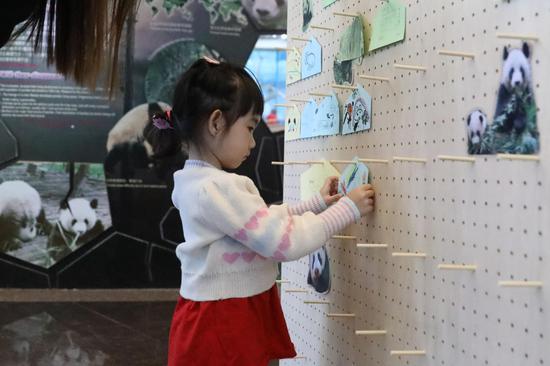
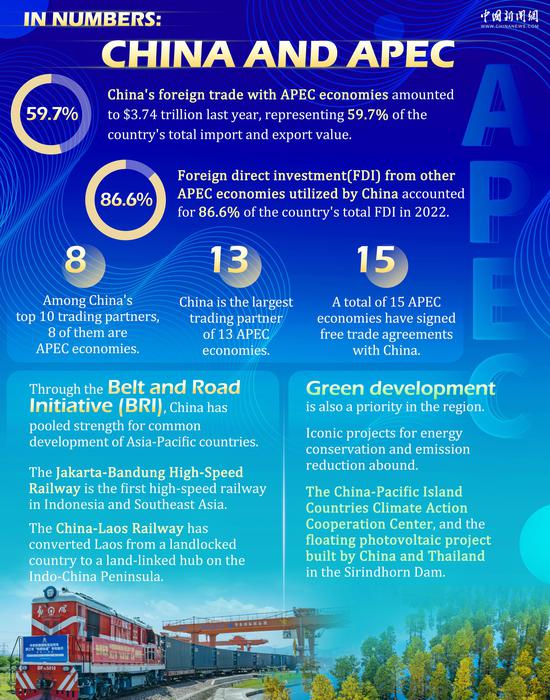
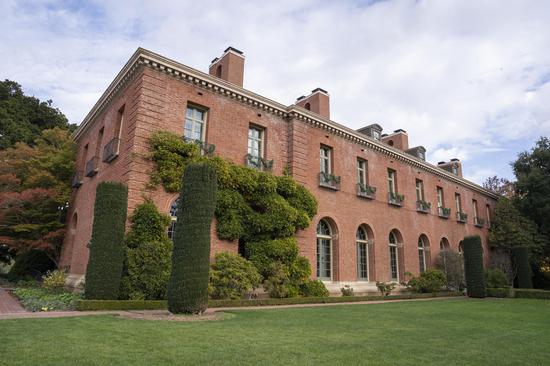



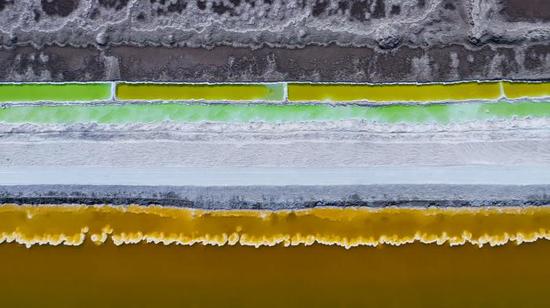
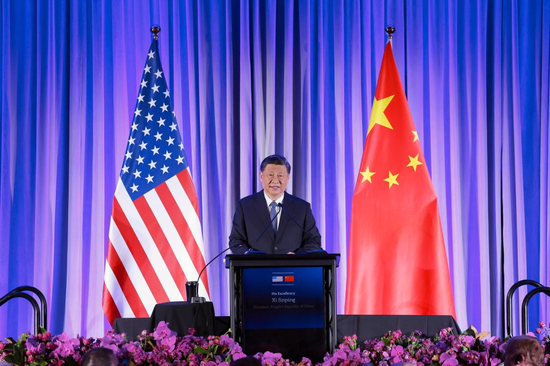
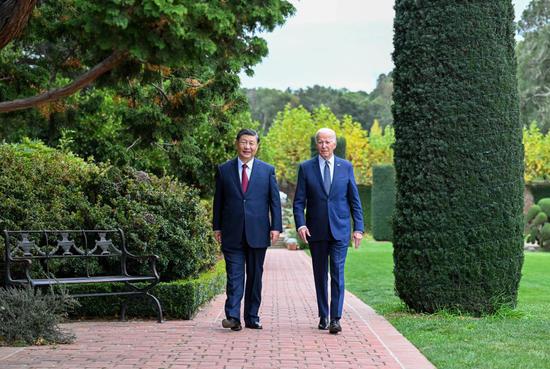



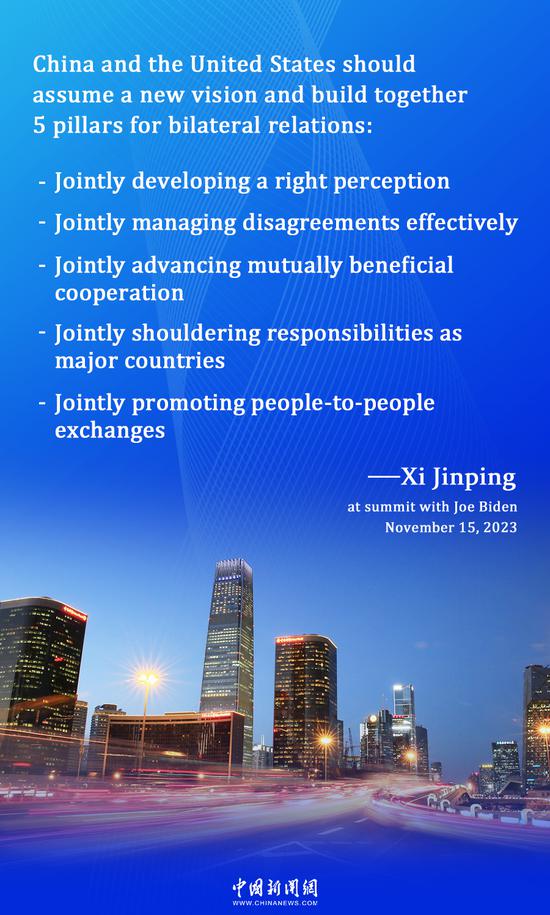
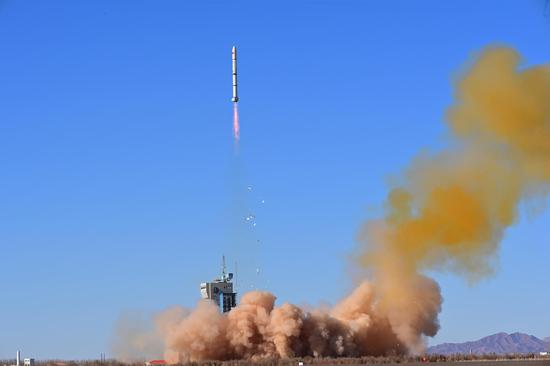


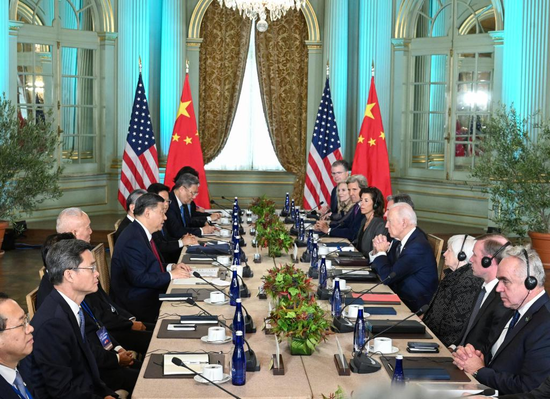


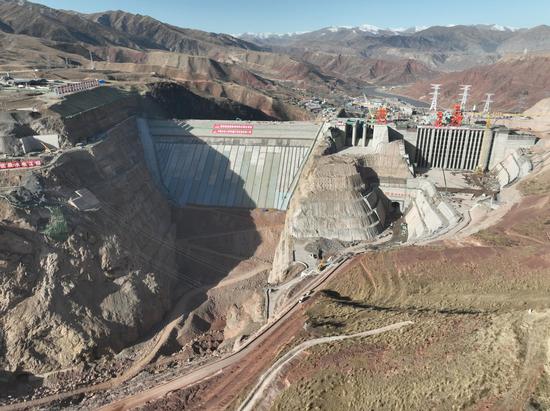











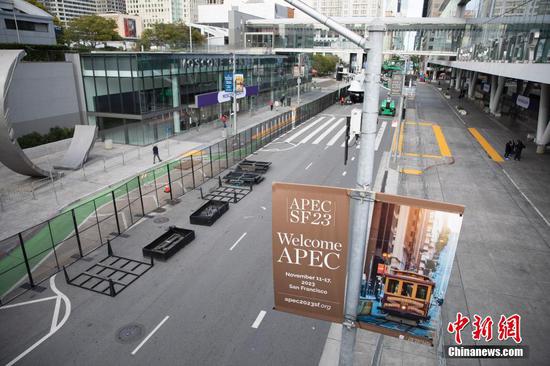







 京公网安备 11010202009201号
京公网安备 11010202009201号